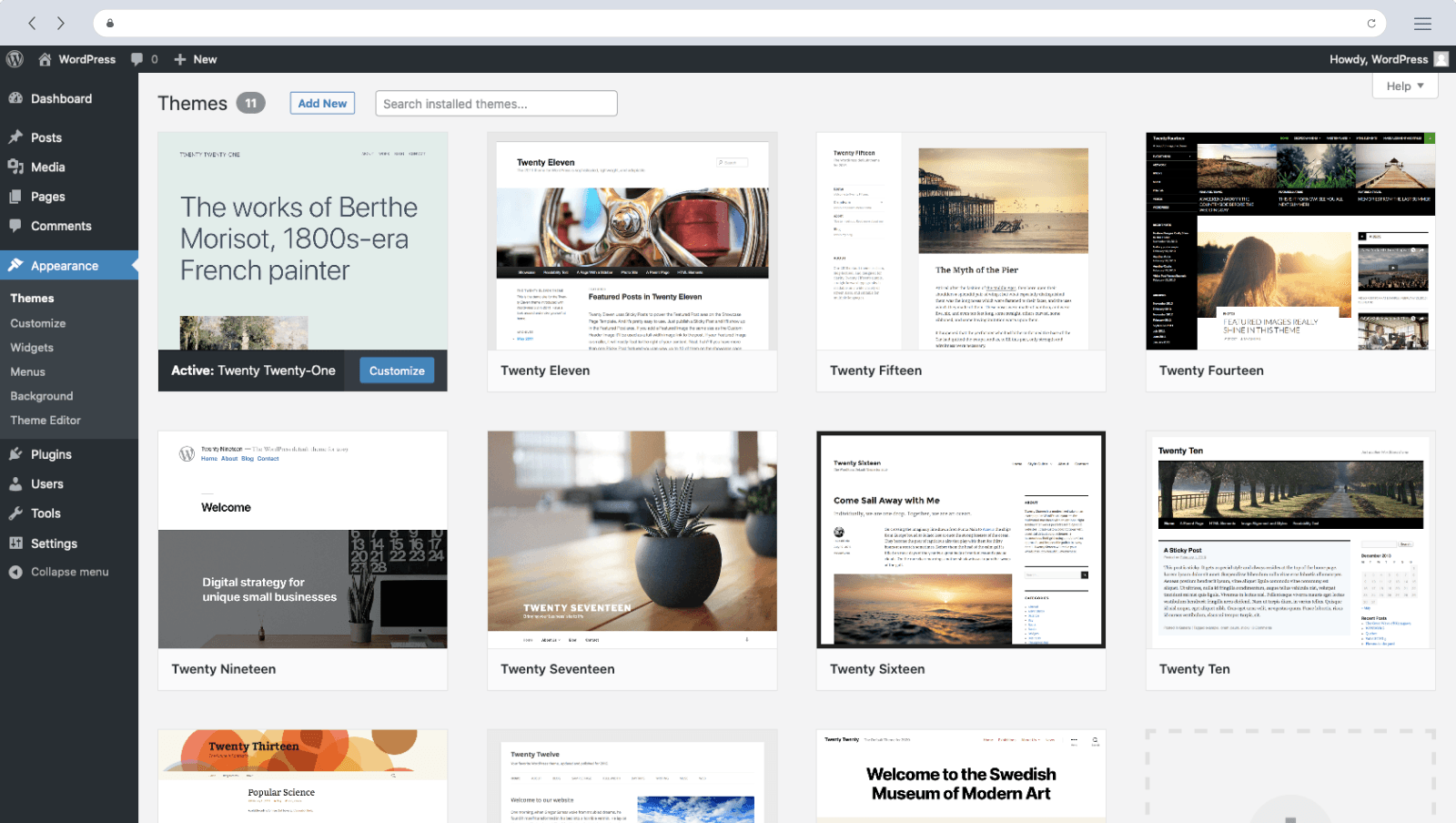There is plenty of gear used by giving Sun Light to build net sites. Most use a template machine. Choose the template it truly is desirable to the attention, add your textual content, images, choose-in module, and other features and click on LAUNCH. You’re on the line. The problem with these template-based net building equipment is simple: they don’t allow for a variety of flexibility. You choose a template, and you get what you get.
However, there is other template-primarily based gear that supply features and flexibility. These content material control systems (CMS’s) are used by Fortune 500 companies, The White House, and other “big presence” net websites with masses of functions. The maximum popular CMS’s are WordPress, Joomla, and Drupal. If you want more flexibility and the ability to amplify your website within the future, selecting a CMS that suits your wishes and skills is an essential preference.
The BIG Three Content Management Systems
WordPress, Joomla, and Drupal are open supply software (OSS), meaning the structures are free to download. Each of the big 3 CMS’s has help from thousands of programmers who create modules, plugins, and extensions that equip you to quickly build out a feature-deep Internet site, even though there’s usually a studying curve. No, be counted which CMS you select, count on to spend a while analyzing online tutorials and other “how-to” information to learn how to get the most from the content material management device of choice.
Which CMS is proper for your online presence? A lot relies upon how a great deal you already know about website design and wherein you anticipate to take your net website online inside the months and years ahead. If you construct a primary “billboard” web website online that doesn’t trade every day (or even yearly), WordPress is your best desire. It’s simple to research and easy to use.

On the other hand, if you have several charge gateways, inventory that modifications each day, and the need to upgrade vacationer accessibility constantly, a membership website online, for example, Drupal, might be your pleasant choice. Joomla falls somewhere in the center. It offers flexibility, a person-friendly interface, and lots of unfastened online guides.
The execs and cons of WordPress, Joomla, and Drupal are fairly sincere, even though it should be mentioned that the unswerving programmers who broaden plugin modules for one of these three CMS’s research from every different, so the three platforms hold to increase similar capabilities. Which CMS you pick outcomes down to your business wishes and skill set.
WordPress
You may also already have a WordPress blog, so you’ll be familiar with WordPress subject matters and different features. WordPress is a running blog platform that many online websites developers use to create net websites in an awful lot the identical manner you (and thousands of others) construct a weblog. WordPress is straightforward to install. Sync up takes place on download, so you’re geared up to roll as quickly as you click the “Finish” button. This is a significant plus if time is a crucial component inside the launch of your web page.
WordPress also offers several subject matters, or templates, to simplify website introduction. But in contrast to immediately-up template websites, WordPress developers have created more than 15,000 plugins – pre-programmed features, like an email module or an easy-to-use checkout, to simplify the income and purchase strategies. Of the large 3 CMS’s, WordPress is perfect for examining and using every day. However, there are some downsides worth thinking about.
For example, the WordPress platform – the middle programming – is often updated to accept increasingly more plugins, so that you may additionally spend more time than you need upgrading to the modern center version of WordPress. Newer versions of WordPress aren’t always like-minded with existing plugins, so you may find yourself swapping out choose-in plugins more often than you want.
And ultimately, the biggest downside to WordPress is a loss of flexibility. Indeed, WordPress does a whole lot of the heavy lifting in website design but at a value. You’re restrained in your capacity to personalize. And even with 15K plugins, you can no longer get the look and listing of functions your online business calls for.






